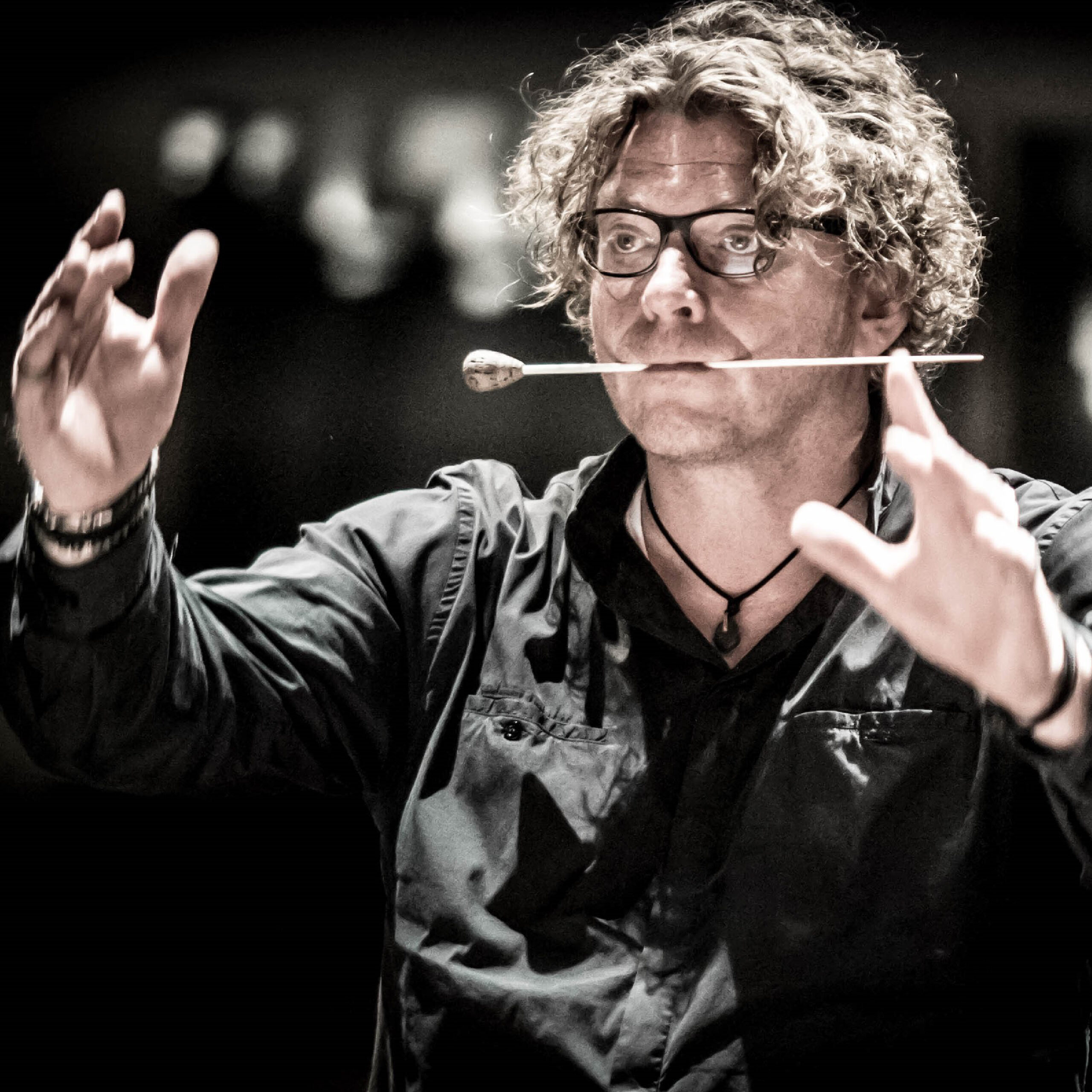


“Which Romanian composers do you know? When faced with this question, most people immediately think of George Enescu, but further names may not come to mind right away. Perhaps, if one is familiar with contemporary music, the composer Violeta Dinescu might come to mind. However, few may have encountered the music of Paul Constantinescu. Born in 1909, he initially stood out as a talented violinist, later studying conducting and composition in Bucharest and Vienna, before taking on diverse roles in his homeland in 1937 as a university lecturer, choir director, conductor, and radio editor.
His interest in Romanian folk music and Byzantine church music (studied under Egon Wellesz) unmistakably shaped Constantinescu's musical language. This is particularly evident in his Christmas and Easter oratorios. Traces of this are also present in Constantinescu's 1952 Piano Concerto, which is featured on this CD by the Norddeutsche Philharmonie Rostock under the baton of Marcus Bosch. The three-movement form adheres to classical tradition with an Allegro first movement, a slow middle movement, and a lively Rondo finale. However, its inner character reveals an unusual modal sound with folkloristic touches in the finale, which cites melodies from Béla Bartók's collection of Romanian dance tunes. The solo part, performed with aplomb by pianist Oliver Triendl, introduces innovative musical elements, displaying brilliant solo cadenzas and melancholy, heartfelt singing in the Andante reminiscent of the "Doina" style.
The second work on this CD is Constantinescu's 1938 ballet Wedding in the Carpathians, which portrays rural customs in remote mountain regions. The brief suite excerpts from the ballet, titled “Hora” (a Romanian dance), “Alaiul” (Procession), or “Jocul” (Dance), evoke Stravinsky's Les Noces in their rhythmically accentuated passages. Using reduced instrumentation, Constantinescu crafts a rich score in black-and-white tonal contrasts, stylistically evoking late Romanticism and Impressionism. Conductor Marcus Bosch and the Norddeutsche Philharmonie bring this score to life, brimming with foreign tonal landscapes and a beguiling, exotic charm.”
By Gerhard Dietel
Ph © Martin Goffing